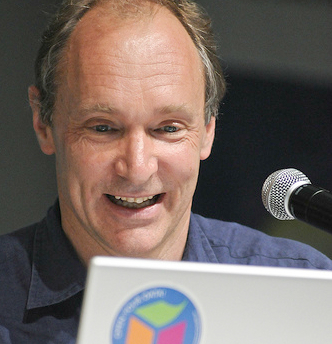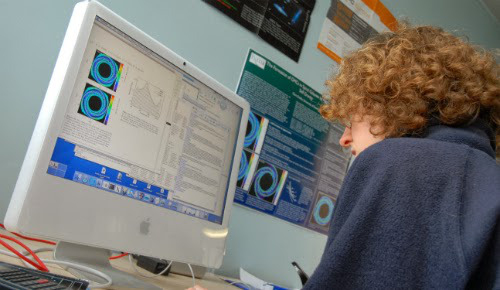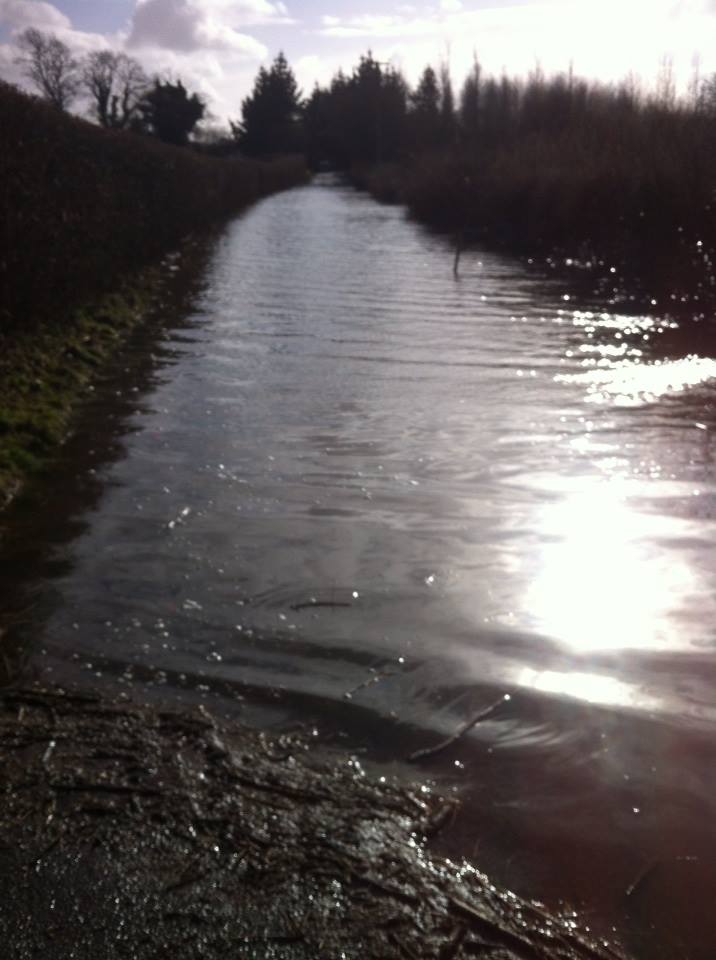Interdisciplinary Week Events at Southampton
Locally-based MOOC participants may be interested in attending these events which take place in Interdisciplinary Research Week at the University of Southampton:
http://www.slideshare.net/lisaharris/draf-ttrust-truth-and-trolling
Coffee and muffins included :-)
Book a free place here
http://www.slideshare.net/sotonDE/wun-web
If you are not able to attend in person, check out #IDRW2014.
Continue reading →



